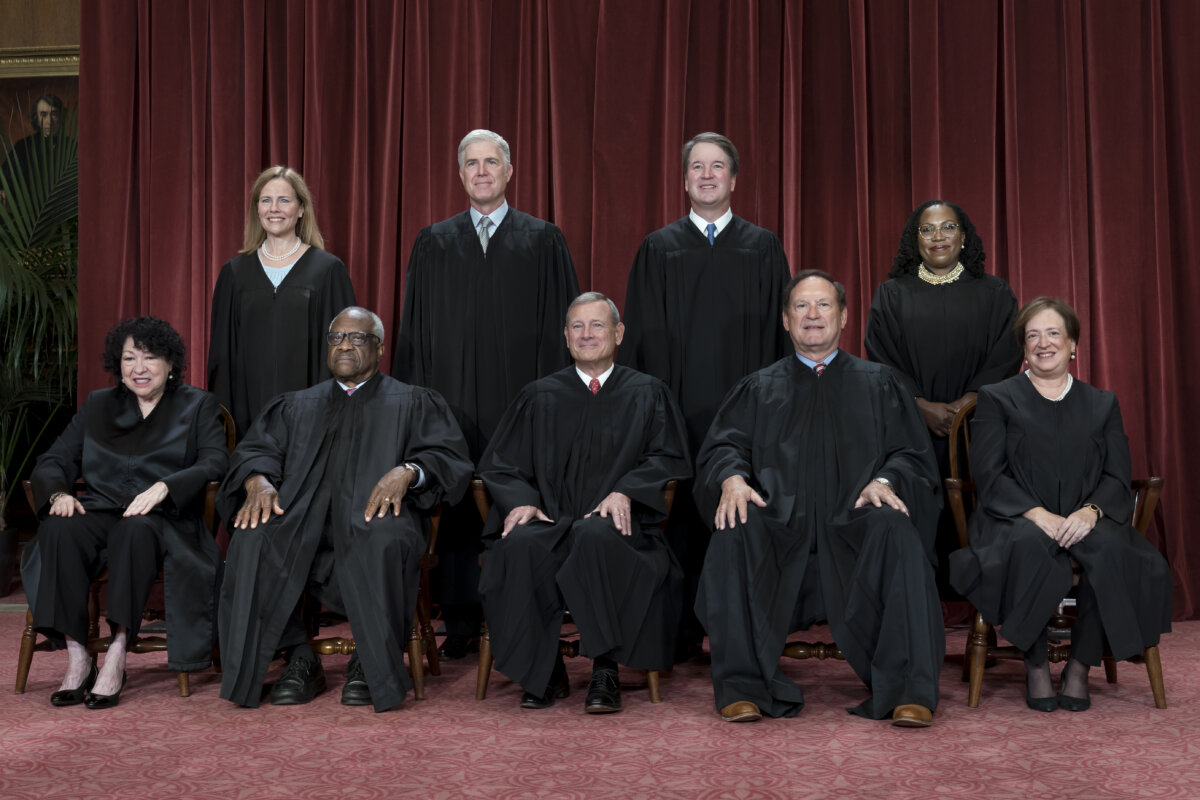A year after co-founding Everplans, an online estate and legacy planning website, in 2012, Abby Schneiderman experienced firsthand why end-of-life planning is important: Her 51-year-old brother died in a car accident. “It was a disaster compounded by the fact that we had no idea of what he wanted or what he wanted us to do,” she says. “It left my family in a nightmare situation of having to track things down in a short period.” Whether young or old, with a lot or little to leave behind, there are things you can do now to make it easier on your family in case you die or are too ill or injured to speak for yourself.
Follow these steps to financially prepare.
Name financial and medical powers of attorney
Estate attorneys recommend all adults have these in place:
– An advanced health care directive: This includes a living will stating your wishes for medical care, and a durable health care power of attorney, which names someone to make decisions if you can’t. »MORE: 10 smart money moves that take 10 minutes
Create a will
“Ideally, every adult should have a will,” says Rachel Podnos, a financial planner with Wealth Care LLC in Washington, D.C.
It’s a must for parents of minors. In a will you name a guardian for your children. Without a will, the state will decide. States have preferences for who should be appointed, and those may not match yours, says estate planning attorney Kathleen Bilderback of Affinity Law Group in St. Louis. Setting up a trust for your kids is also important because children can’t directly inherit money or property until they’re adults. A trust holds property and money for them, and the trust document states how the assets should be managed and used. An adult you appoint as trustee carries out the instructions. If both parents die and there is no trust, the court appoints someone to manage the assets. Hire an estate attorney when you need advice, Bilderback says. Although you can download legal forms online, she says, “the internet is not a good lawyer.”
»MORE: 5 ways to make a bulletproof will
Buy life insurance
You need life insurance if your death would be a financial blow to someone. Most parents need coverage to replace income or pay for services they provide for the family. You also need life insurance if you have debts that would fall on someone else. Term life insurance is sufficient for most people. You buy coverage to last as long as your loved ones will depend on you financially, such as 10, 20 or 30 years. Ideally by the term’s end you no longer need coverage: Your children are independent and you have enough savings to support a spouse. Permanent life insurance, such as universal or whole life insurance, is the answer if you have a lifelong financial dependent, such as a child with special needs, or if your heirs would owe estate taxes. For 2016 federal estate taxes, this would happen if your assets totaled more than $5.45 million as a single person or $10.9 million as a couple. MORE: Life insurance for parents of children with special needs
Save for a funeral
Put your last wishes in writing and share them with loved ones. Podnos advises setting money aside in a savings account and naming a “payable on death” beneficiary — someone you trust to carry out the funeral arrangements. Other ways to make sure a funeral is funded are to buy a small whole life insurance policy or prepay for a funeral.
Keep organized records and communicate
Store important documents in a safe at home or safe deposit box. Make sure your trusted loved ones know where to find everything and have access.
You can also use online services like Everplans to store documents and information digitally to share securely. The website gives prompts to help you think of everything your loved ones should know, including information that may not come to mind immediately, such as the code for the home security system or directions for pet care. Rosalyn Jonas of Bethesda, Maryland, says she and her husband had thought about setting up such an account, but he died unexpectedly two years ago at age 69, before they had enacted any plans.
“Compared to other people, we were pretty well organized,” she says. “But I was really unprepared for how physically demanding and emotionally exhausting it was.”
There were countless details to straighten out — from how to program the Wi-Fi-enabled thermostat to locating a full list of bills on autopay on his credit cards.
Update your estate plan
Bilderback advises clients to review their wills, beneficiary designations and titling of property every five years and after major life changes.
Jonas says she and her husband had planned to reduce bequests in their wills, but never got around to it.
“I had to pay out a quarter of a million dollars in bequests to organizations we would not necessarily support [at that level] now,” she says.
Don’t let the mere topic of death scare you off from getting your affairs in order. “I don’t look at this planning as morbid,” Schneiderman says. “I look at it as being responsible.”
Barbara Marquand is a staff writer at NerdWallet, a personal finance website. Email: bmarquand@nerdwallet.com. Twitter: @barbaramarquand. This article was written by NerdWallet and was originally published by USA Today. The article How to Prepare Financially for Your Death (No Matter How Young You Are) originally appeared on NerdWallet.
– A financial power of attorney: This designates someone to handle your financial affairs. The document can be written to apply broadly or kick in if you’re incapacitated.
















